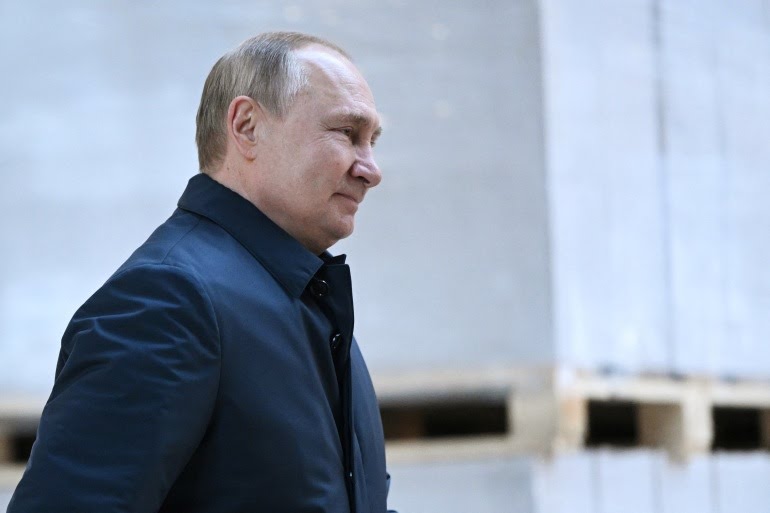Russia has been deeply ingrained in the global financial system for decades, Ari Redbord of TRM labs, a blockchain intelligence company, told Al Jazeera. Eighty percent of its daily foreign exchange transactions and half of its international trade are conducted in dollars.
“It is very difficult to move large amounts of crypto and convert it to usable currency,” Redbord said. “Russia cannot use crypto to replace the hundreds of billions of dollars that could be potentially blocked or frozen.”
Measures are also in place to stop the evasion of sanctions via crypto. On a blockchain ledger – where cryptocurrency exchanges are posted – every transaction and the address associated with it are viewable to the public.
Coinfirm’s Bieda told Al Jazeera that while sanctioning governments cannot know who the owner of the address sending crypto is, they can see the flow volume — in other words, the amount of money that is moved. Once a suspicious address is flagged, those funds can be monitored.
Mining crypto with surplus energy is an option but not enough
Oil and gas are one sector of Russia’s economy that has not been targeted by the sanctions, though companies including Shell and BP have announced they are pulling their business out of the country.

